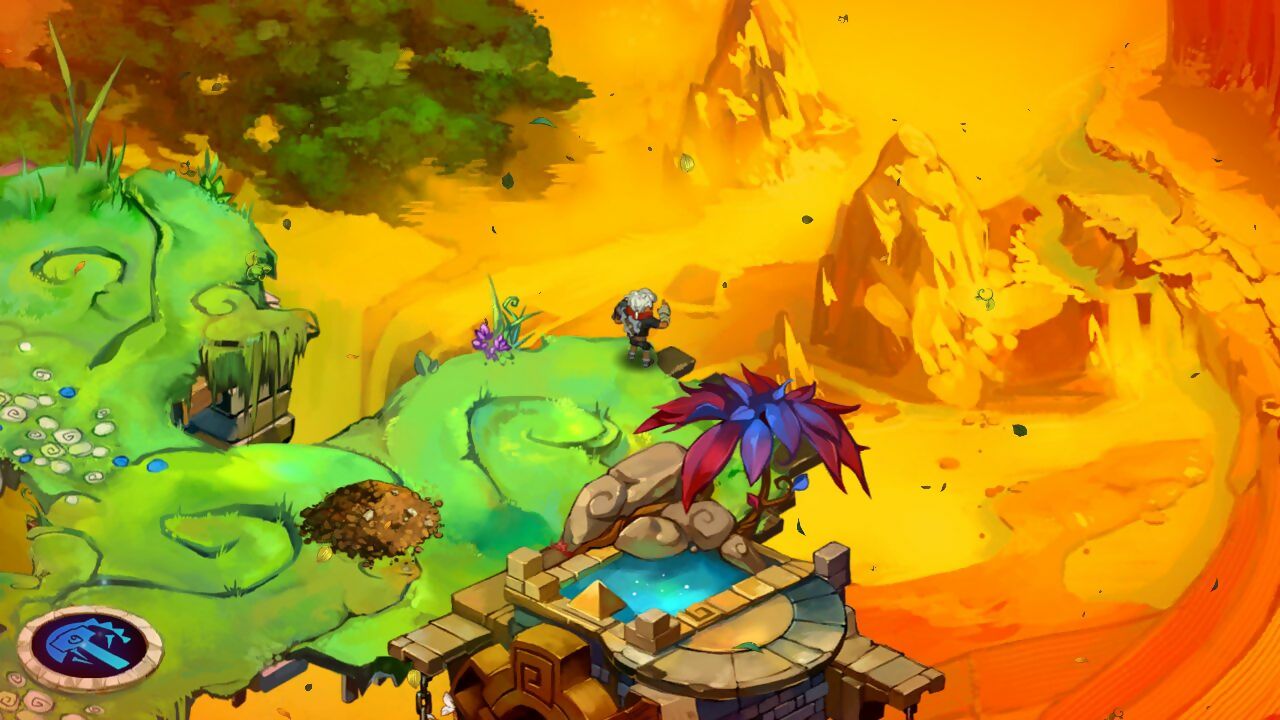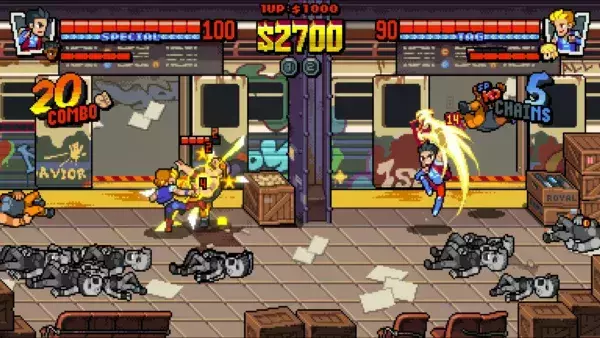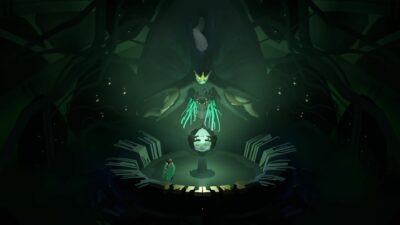
Not sure why your story isn’t melting players’ minds? You’re probably using the wrong choice-types for your story’s situations. I’ve defined the categories of player choice in interactive writing and described their use.
Non-choice: Often overlooked, a Non-choice is when you present only a single option to the player, and they must select it to proceed. This can break up chunks of text by providing a simple interaction (though an Expressive choice is better for that), and it’s also used to end interactions. This choice format can also be used effectively to create a feeling of frustration or powerlessness. If your player is being chased by a killer, offering a single choice (“Jump out of the open window…”) shows the player they’re cornered, not in control.
Inconsequential: The bane of the inexperienced game writer. In it, the player selects between unimportant things which don’t appear to have consequences attached. In the intro to the Black Mirror episode Bandersnatch, the player chooses between Sugar Puffs and Frosties. There’s no context for this choice, and no implied consequences. It’s simply a bit of interactive fluff. If this sort of choice does have consequences, they’ll feel unearned and often the player will be unimpressed. There are some stories where this player-feeling is appropriate, but they can almost always be substituted for a more interesting Expressive or Simple Ethical choice.
Blind: Sometimes, we ask the player to gamble. On their trap-filled dungeon crawl, they encounter a fork in the tunnel: left or right? This differs from an Inconsequential choice in two key ways. First, there are implied consequences, because the rooms to which each corridor leads could be trapped, or contain riches; there could be a right and wrong choice. Secondly, Blind choices are fully opaque, like a magician asking you to choose a card at random. They could be Door 1 and Door 2, for example, or be written in a language the player cannot read. These should almost never have severe consequences.
Fake: This type of choice is always combined with one of the other types, usually Inconsequential, Blind, or Weak Expressive. Simply, it means that the choice was superficial only, and the content hasn’t diverged. You could ask the player to choose the right or left corridor, but have both routes lead to the same room. This would be a Fake Blind choice. The narrative stream didn’t split; the choice meant nothing. A good Fake choice can create the illusion that there’s more content than there is, but the player can feel pigeonholed if they see through you.

Dragon Age: Inquisition uses tonal Weak Expressive choices liberally, but commits the Simple Ethical sin of encouraging you to pick an emotion and never deviating from it.
Weak Expressive: A special type of Fake choice. They allow the player to choose the tone of their action, but the meaning of it is (often) locked in. If a character asks me to marry them, I may have a Weak Expressive choice between “OMG, yes!” and “Uh. Yes?” Usually, the other character responds with roughly the same sentiment either way. This can be a way to allow the player to exert their agency without needing to write new branches.
Strong Expressive: Similar to other types already covered, this choice is a superficial decision with strong implied consequences. The classic example of this is the BioWare romance option, wherein a player’s decision to couple with a certain character will affect multiple characters’ stories and give or deny access to several branches, but is ultimately a matter of personal taste. Offering choices between pets, clothing, character archetypes, and more, these choices are usually both ornamental and labour-intensive, so use wisely, and be wary of Fake versions of these choices; if seen through, the player will hate it.
Invisible: Often employed by time-looping games, the Invisible choice is one which only becomes visible once other choices or conditions have been met. Let’s say there’s an innkeeper I can choose to speak to every in-game day, and I can ask him about his ales. After ordering ale for five days in a row, a new option appears to ask for “the usual.” This type of choice is often a writer’s flourish, and can be a delight to discover, so use them whenever you can. It’s the system responding to the player’s actions in an unforeseen way, so makes them feel noticed, and a well-written Invisible choice is ample reward for the player going the extra mile.
Simple Ethical: A mainstay of RPGs, this choice is rightly out of vogue. They tend to place choices along a basic good/bad spectrum, often with morality icons to differentiate which is which. Do you kill a mind-control victim to loot their treasure, or break the mind control and accept a few coins as thanks? The choices themselves aren’t interesting, as after a while, the player will have settled on a good or bad path and will simply go for the corresponding option in every choice.
Complex Ethical: The gold standard of choices. This choice, or dilemma, presents us with a decision that we aren’t quite equipped to make. The player’s given context and two or more priorities to weigh, but all choices possess an amount of risk. For example, if I take the priorities ‘need for love’ and ‘creative freedom’, I could formulate a Complex Ethical choice: You make a small sum of money selling paintings with the subject of fatherhood, which is important to you. You love your partner, but they’ve been distant since their father passed a year ago. You can’t afford a studio, but you need to earn money. Your partner asks if you’re breaking up with them. Do you part ways? Or find less fulfilling work? There are high stakes to this choice, and complex enough factors involved that the outcomes are unpredictable. Complex Ethical choices are stressful, so are best given some breathing room, but are incredibly rewarding and engaging.
And that’s it! These definitions build on the great interactive taxonomy by Clara Fernández-Vara, playable here: wfmag.cc/choices.





